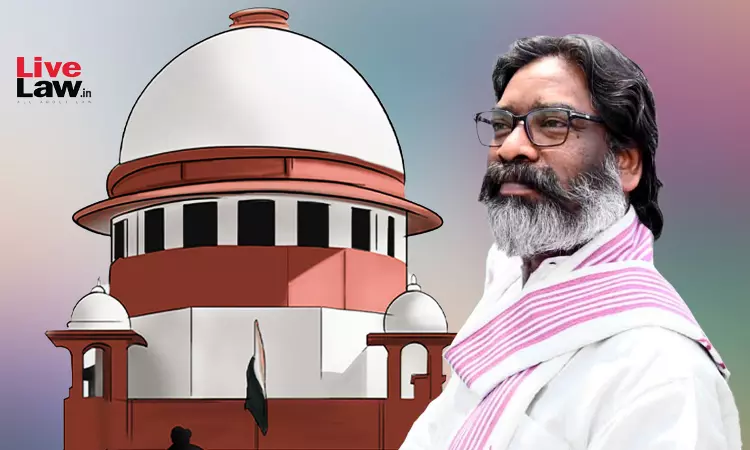While hearing former Jharkhand Chief Minister Hemant Soren's petition challenging his arrest by the Enforcement Directorate (ED), the Supreme Court on Tuesday (May 21) asked if the validity of arrest can be examined after the trial court has taken cognizance of the ED complaint and rejected the regular bail application of Soren.After hearing arguments for about one and half hours, the...

